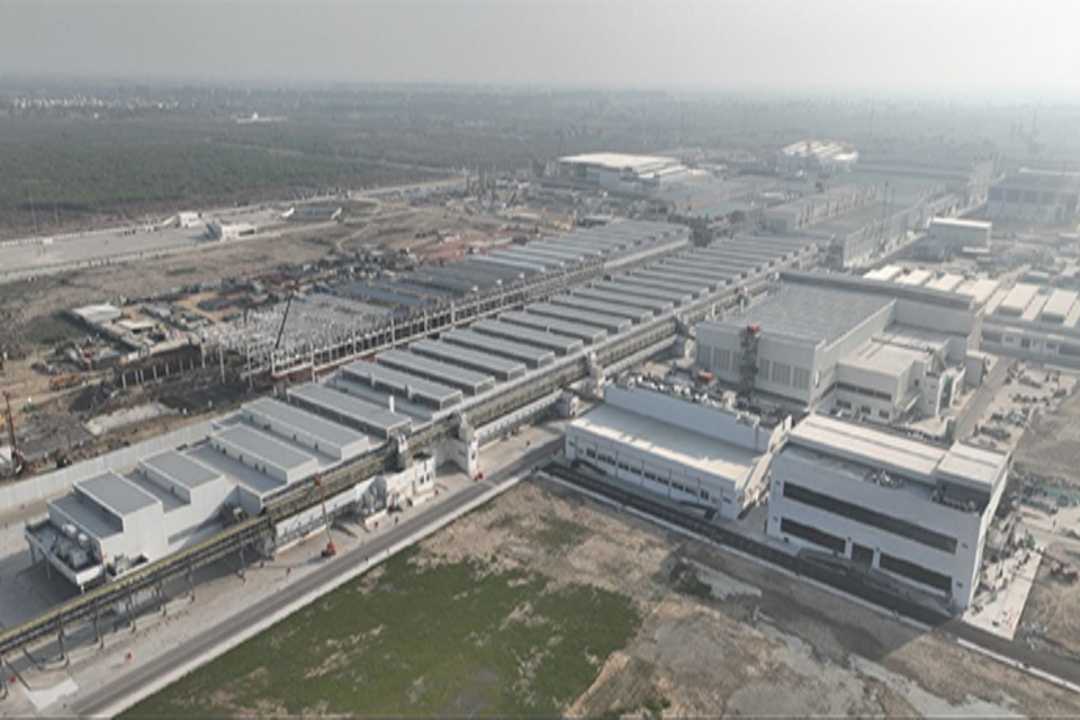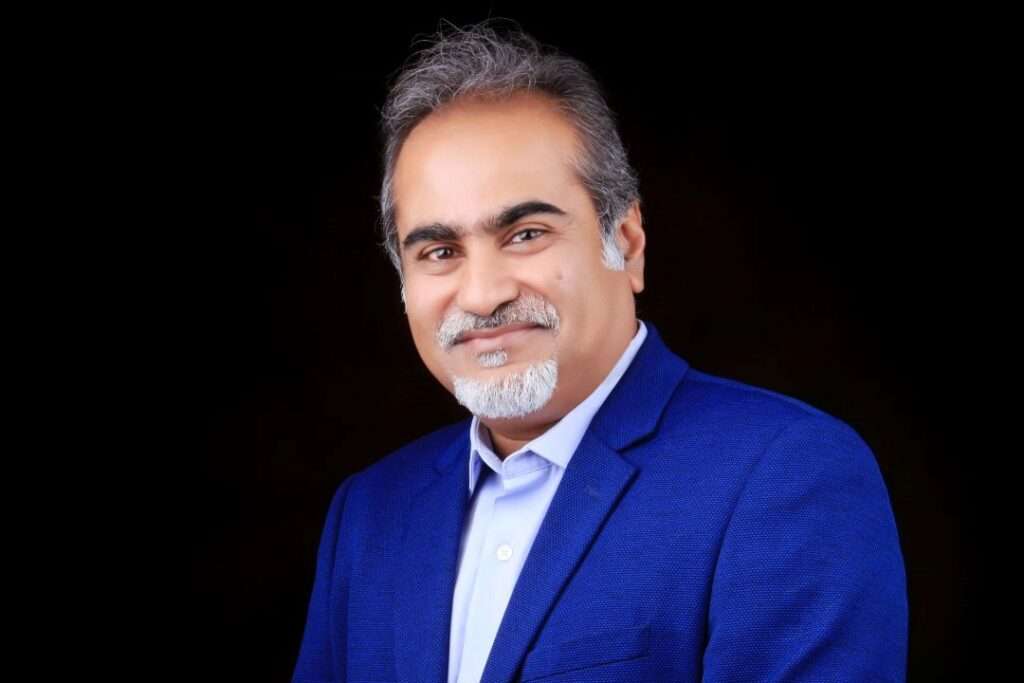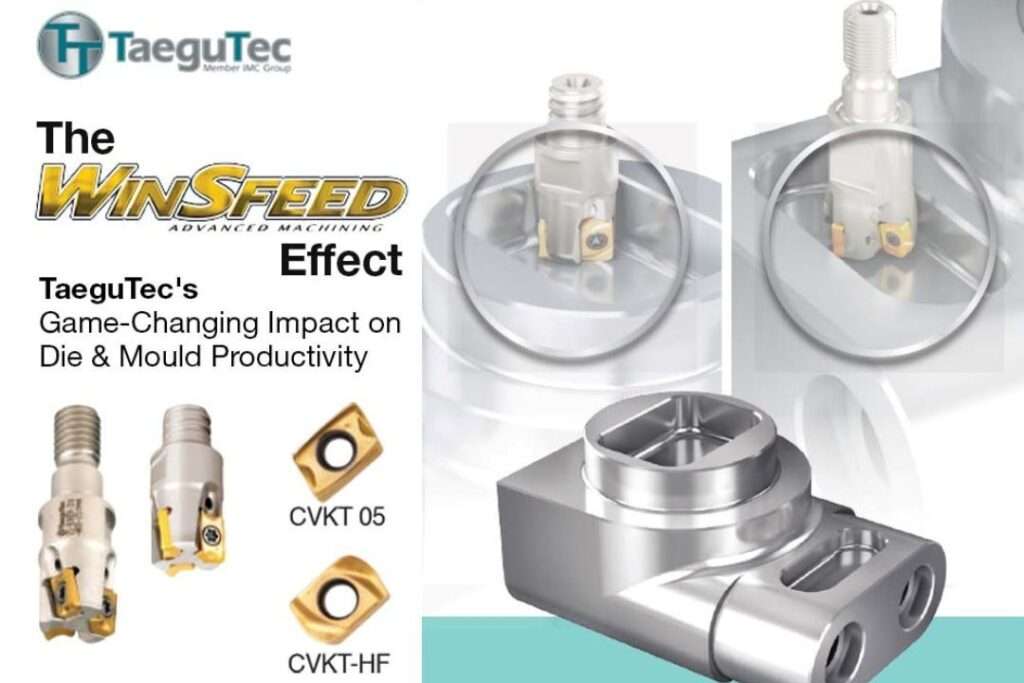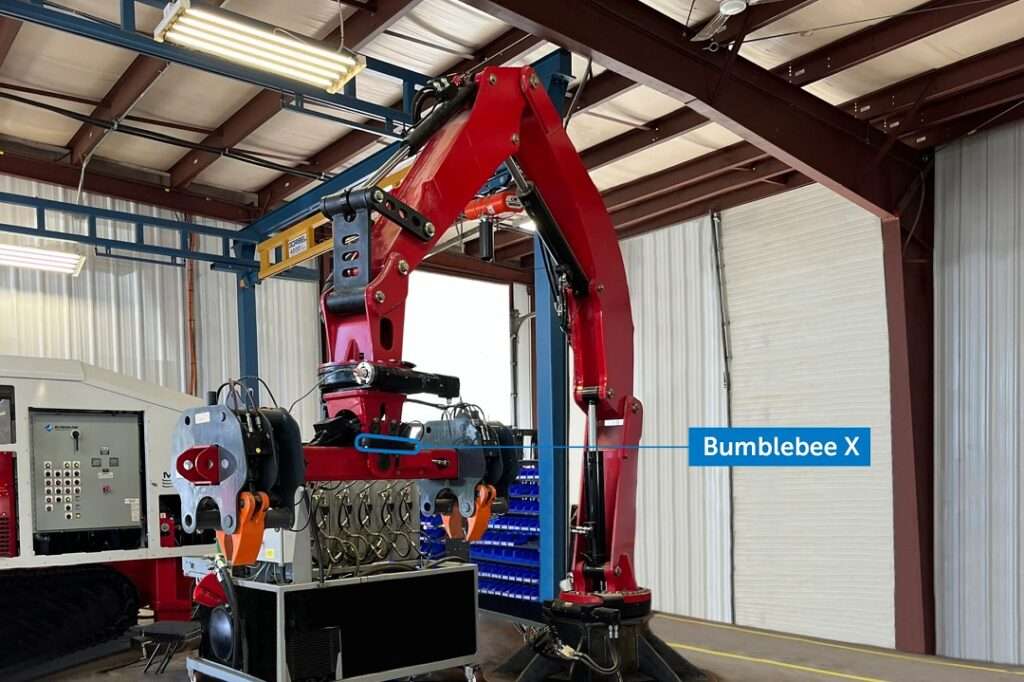Maruti Suzuki India (MSIL) has observed a significant increase in the average car price in India in recent years. This rise is largely attributed to stricter emission regulations and a shift in consumer preferences towards larger, more comfortable vehicles with advanced technology. Hisashi Takeuchi, Managing Director and CEO of MSIL, has noted that this trend has become prominent over the last five to six years.
The rising cost of cars reflects a shift in consumer demands toward feature-rich vehicles, which has in turn influenced market dynamics. Takeuchi highlighted that the burgeoning demand for modern, feature-laden cars has led to a noticeable decrease in interest for smaller vehicles such as hatchbacks and sedans. Instead, there has been a marked increase in the popularity of SUVs, driven by their enhanced space and technological offerings.
“The automotive sector is currently navigating a significant transformation, propelled by the quest for greater comfort, convenience, and safety, alongside the need to comply with ever-evolving regulations,” Takeuchi noted during his address at the annual session of the Automotive Component Manufacturers Association of India (ACMA).
He elaborated that this evolving landscape is pushing the automotive industry towards a greater integration of electronics in vehicles. “Consumers today are increasingly demanding cars equipped with cutting-edge technology, which is leading to a substantial rise in the inclusion of electronic features within vehicles,” he explained.
Takeuchi emphasized that the industry faces a considerable challenge in developing and offering these advanced technologies at a price point that remains accessible to the Indian market. “The key to overcoming this challenge lies in innovation. We must find ways to incorporate these advanced features without compromising on affordability,” he added.
To address this challenge, Takeuchi underscored the necessity for significant investments in research and development. He stressed the importance of understanding local market conditions and fostering collaboration throughout the value chain to achieve a balance between advanced features and cost-effectiveness.
“Developing a robust local ecosystem for the electronics sector is crucial for achieving true self-reliance. This involves more than just manufacturing; it requires a comprehensive approach that includes local testing facilities, enhanced design and development capabilities, and substantial investment in human resources,” Takeuchi said.
Furthermore, Takeuchi pointed out that India is positioning itself as a global hub for auto component sourcing, with the industry currently exporting over 25 percent of its production annually. “Last year, our auto component industry exported components worth $20 billion. However, this figure represents less than two percent of global auto industry trade, indicating a significant opportunity for us to expand our exports further,” he concluded.
Maruti Suzuki India Limited (MSIL) is a leading automobile manufacturer known for its extensive range of passenger cars, from compact hatchbacks to premium SUVs. A subsidiary of Suzuki Motor Corporation, Maruti Suzuki dominates the Indian market with a reputation for affordability, reliability, and innovation. The company is renowned for its strong local presence and commitment to quality and customer satisfaction.








